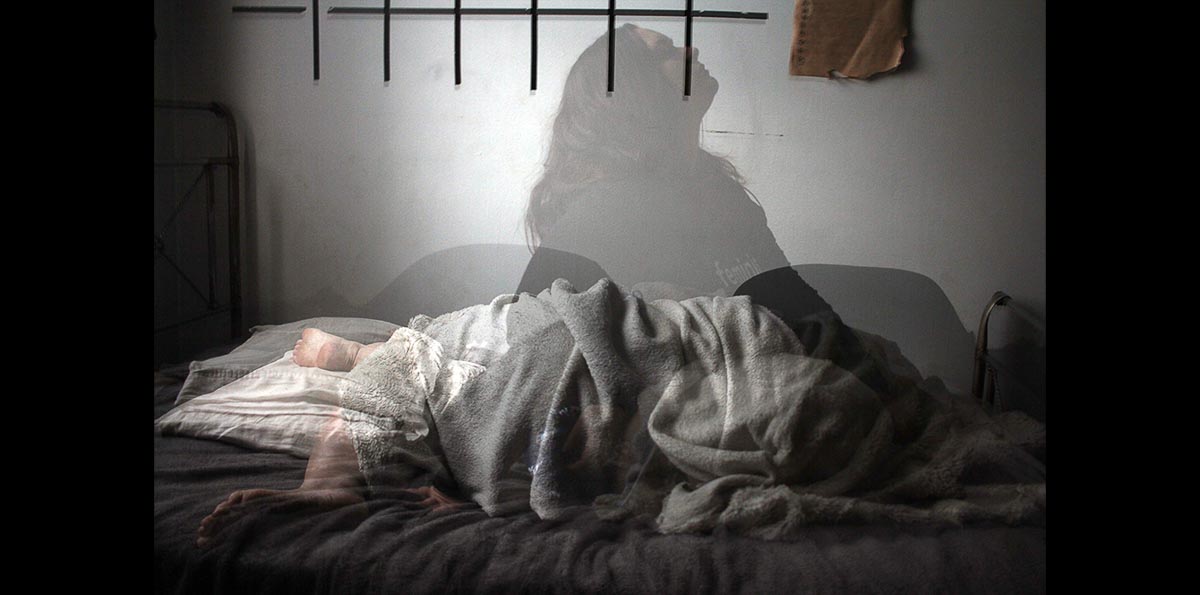At the start of the pandemic, the first tangible signs that a new reality was taking hold were the stay-at-home orders. In those early weeks, our understanding of the modes and ease of transmission was limited, and we so we heeded those orders and collectively hunkered down. Our homes and apartments took on a new meaning as they quite literally became our fortresses. We stocked them with life’s necessities. We created disinfectant rituals in entryways so as to keep the virus out, while keeping sanity in.
This post is part of our “COVID-19 and Cities” series, which features experts’ views on the global pandemic and its impact on our lives.
For many, this new reality meant spending more time in our homes than we ever imagined, and so we became better acquainted with their comforts and their flaws. As time went on, we formed “pods” with other like-minded households. In doing so, we welcomed our friends and families into our makeshift fortresses for much needed socializing, as well as for safety.
Put simply, the pandemic brought home life (in particular) and housing (more generally) into sharp focus. With that focus, a sad reality was no longer ignorable: many Americans can barely afford their homes and apartments. This was true long before COVID-19, but it quickly intensified as the pandemic led to an economic collapse. A few months into the pandemic, rates of housing insecurity were at all-time highs, with national surveys finding that a third of Americans were unable to make their full housing payment. These rates were even higher among racial-ethnic minorities.
Many Americans found themselves asking: How are we supposed to pay for our homes? How are we to supposed to obey stay-at-home orders when we might not be able to keep a home in the first place? How do we explain this situation to our children?
These were daunting questions that weighed heavily on the minds of those directly affected. Those of us who were fortunate enough to have stable housing felt a collective sense of anxiety knowing that friends and community members were suffering in unimaginable ways. Even before we had data on the direct experiences of living through this particular pandemic, we knew as researchers that the implications for public health — beyond the population who personally contract COVID-19 — were going to be severe. We have decades of research on how economic stress quite literally gets under our skin and affects the contours of our personal health. It was clear that the downstream effects of COVID-19 on American’s well-being were going to be multi-faceted.
Before I came to the Kinder Institute, I was a researcher at the RAND Corporation where I was studying how low-income families in California navigated the state’s welfare system while they balanced the challenges of finding and keeping steady jobs and raising children. To do so, my team and I followed over 1,000 of these families for three years, interviewing them on the telephone and in their homes. There were many heartbreaking findings from this study, many of which were expected based on results from similar studies. However, one thing stood out in the data that I had not seen previously documented, but was not at all surprised to observe: Healthy sleep is a casualty when families experience housing insecurity.
In our sample, we identified two distinct forms of housing insecurity. The first is not being able to make a rent/mortgage payment on time. The second is being forced to move because of the inability to make a rent/mortgage payment on time. Those experiencing the former lost, on average, 22 minutes of sleep a night and those who experience the latter lost an average of 32 minute a night of sleep. These findings were recently published in the journal Sleep.
At first glance, these shortages may not seem particularly large. However, sleep is cumulative such that even slight reductions accrue over time. This accumulation in turn creates more pronounced sleep deficits. Many of us can relate to the havoc that even one night of bad sleep wreaks on our ability to optimally function the next day. With less sleep, the daily struggles of parents in poverty to work and raise children are made all the more difficult, not to mention sleep deficits impair healthy endocrine and metabolic function and increase the risk of obesity and cardiovascular disease in the long term.
As we take stock of the policy lessons learned from this pandemic — of which there are many — the need for affordable, stable housing has never been greater. There are lots of options to consider, including low-interest loan programs for improving conditions of homes and supporting rent control and rent forgiveness to make apartments more habitable and affordable for their low-income tenants.
Such interventions could make financial planning for housing more predictable, and in turn, reduce rent/mortgage defaults and subsequent evictions. In the cost-benefit analysis of policy programs aimed at improving housing conditions and housing stability, policymakers should consider the return on investment in terms of improved public health, which translates into a reduction in health care costs and sleep-health disparities. With more security in our ability to maintain stable housing, we could all sleep a little bit better.

